Blogs
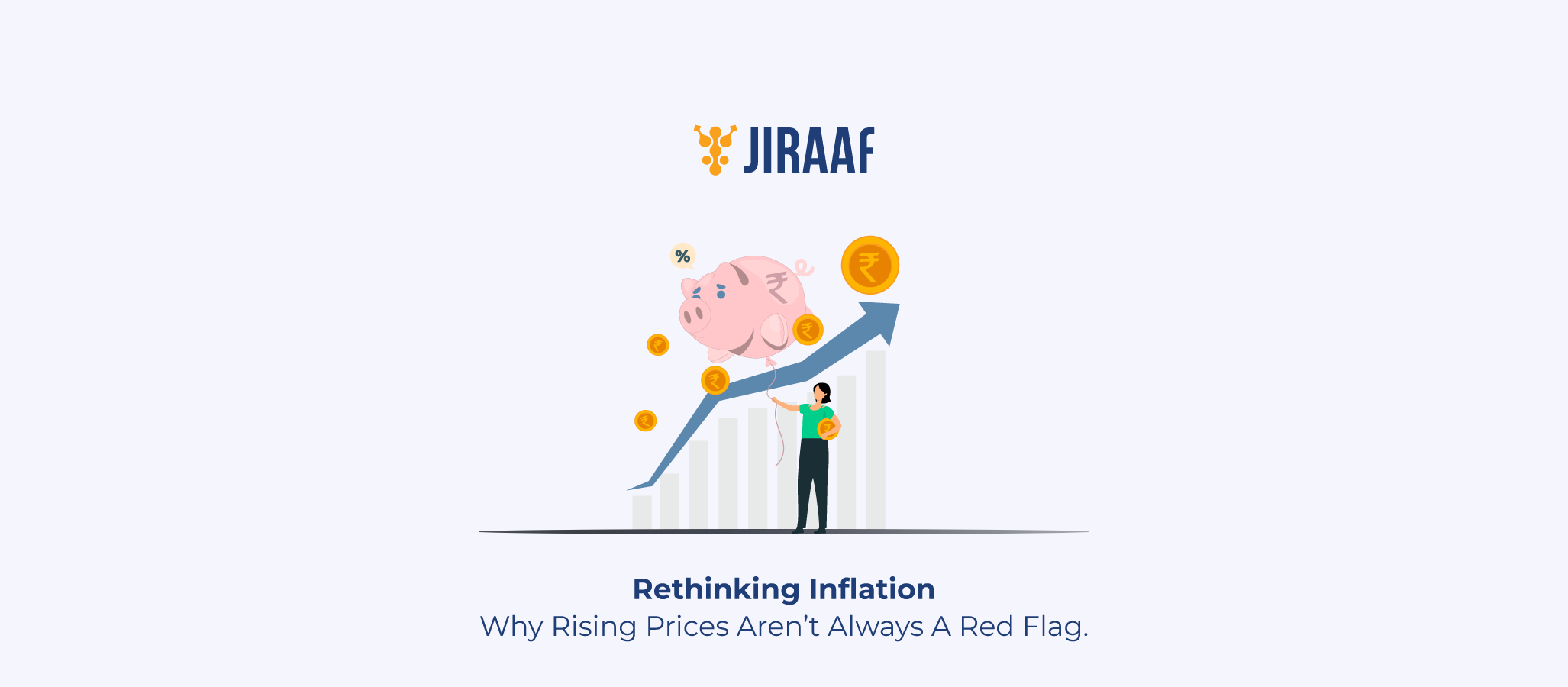
- Personal finance
- 8 min read
What Is Inflation? Is It Always the Antihero?
Inflation is one of the most frequently discussed and often misunderstood concepts in economics. The inflation narrative is always how it is decreasing the value of money, how ₹500 doesn’t stretch as much as it used to five years back, how price rise is eating up your savings, and so forth. Inflation touches nearly every […]

- Retirement planning
- 8 min read
Tax Planning for Retirement in India: Best Ways to Minimize Taxes
You’ve worked hard for decades, paid your taxes diligently, and now you’re inching toward retirement—or maybe you’re already there. While most people plan for post-retirement income, fewer give serious thought to post-retirement taxes. But the truth is, tax planning doesn’t retire when you do. If you’re not careful, a large chunk of your nest egg […]
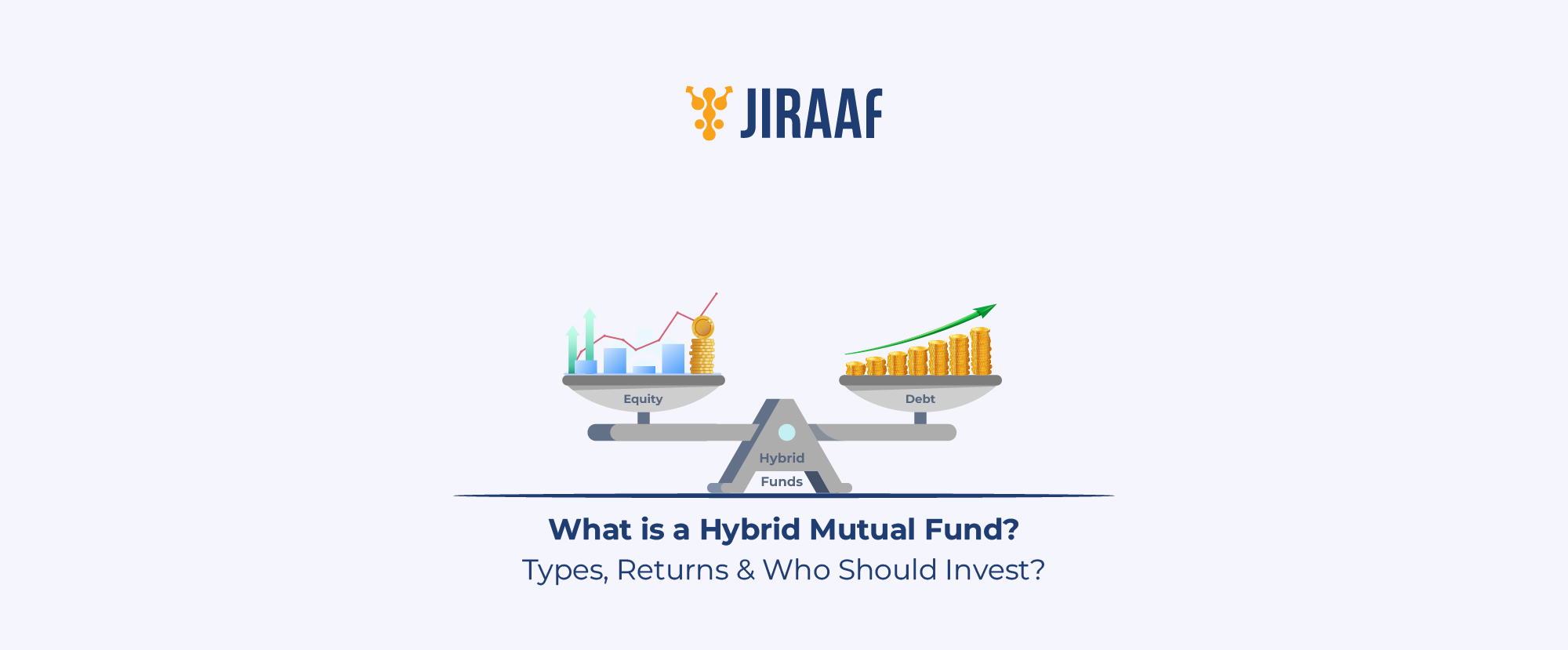
- Mutual funds
- 7 min read
What is a Hybrid Mutual Fund? Types, Returns & More
Hybrid mutual funds are one of the most versatile investing options that help you spread your funds over many asset classes, including stocks, bonds, gold, or maybe even real estate. They are broadly classified into three categories: balanced advantage funds, aggressive hybrid funds, and multi asset allocation funds, each of which works with an exclusive risk appetite. […]

- Taxation
- 5 min read
Taxation on Mutual Fund Returns in FY 2025–26
If you’re someone who’s been investing in mutual funds or just getting started, understanding how taxes affect your returns is non-negotiable. Sure, mutual funds are a smart way to build wealth over time—but if you ignore taxation, you could end up with lower post-tax returns than you expected. In this blog, you’ll get a complete […]

- Taxation
- 5 min read
Section 92 of Income Tax Act: Meaning & Transfer Pricing Rules
Globalization has transformed how businesses operate. These days, companies often set up subsidiaries or enter joint ventures across borders. But this global presence also invites complex tax implications, especially when money, goods, or services are exchanged between related entities in different countries. That’s where Section 92 of the Income Tax Act comes into play. It […]
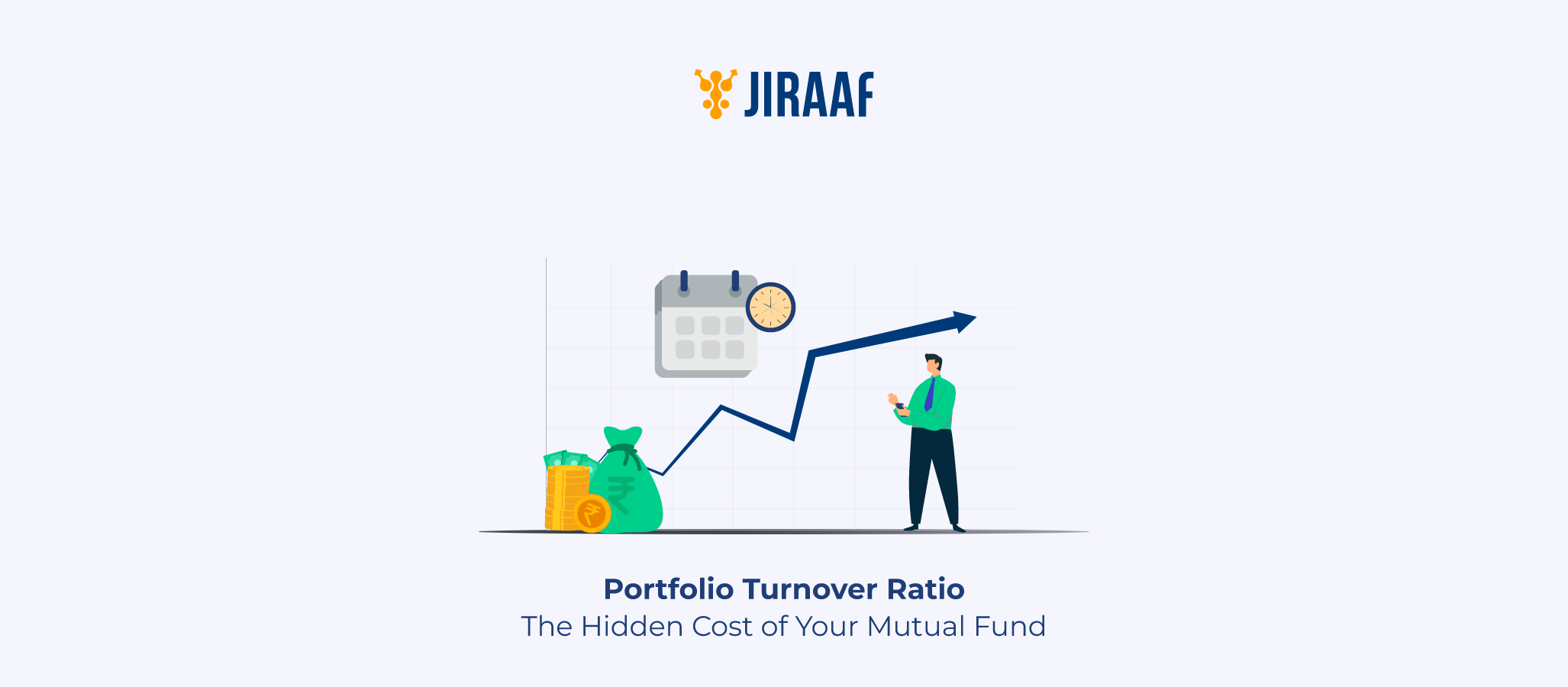
- Mutual funds
- 3 min read
What is Portfolio Turnover Ratio? Meaning, Formula, and Why It Matters
When you’re evaluating mutual funds or investment portfolios, one crucial metric you’ll encounter is the portfolio turnover ratio. This tells you how frequently a fund buys and sells securities within a year, and it has real implications for your returns, your taxes, and understanding a fund’s strategy. What is Portfolio Turnover Ratio? The portfolio turnover […]
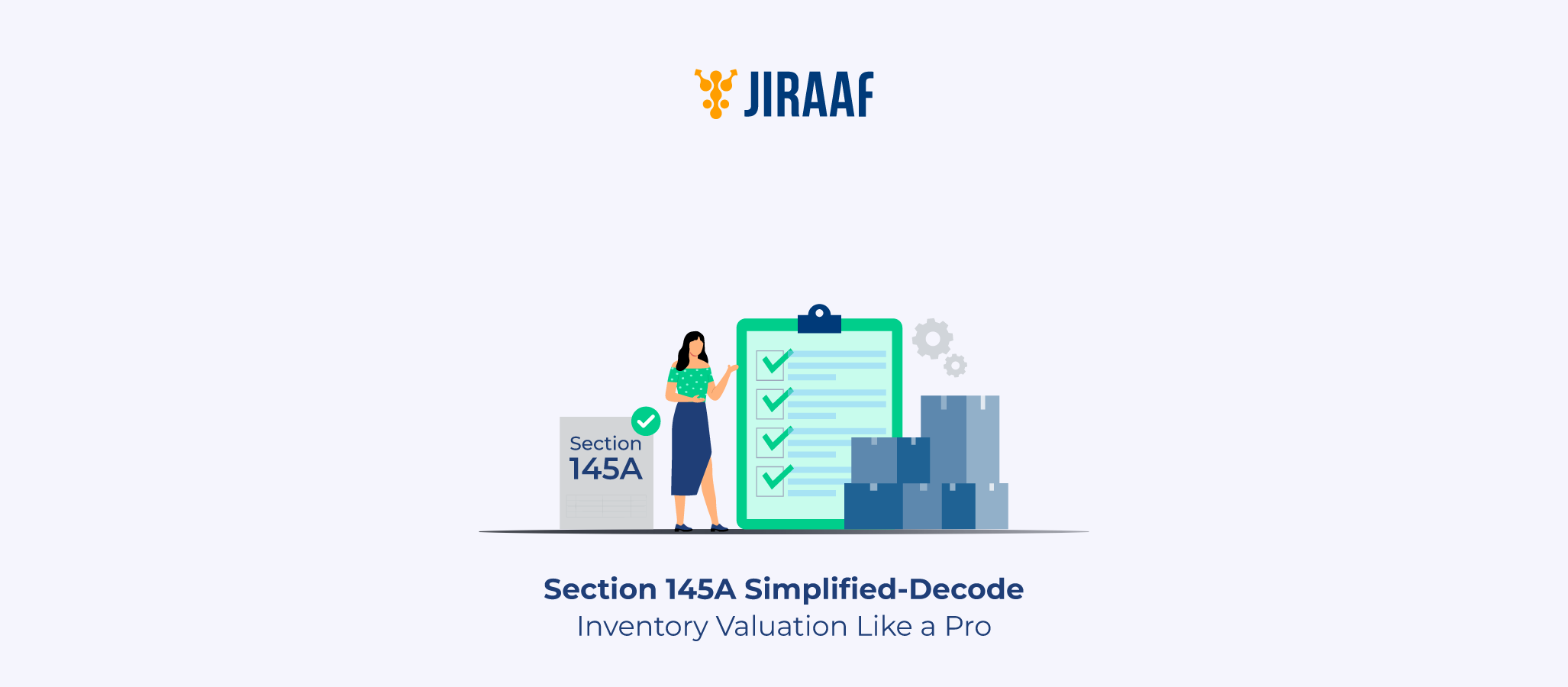
- Taxation
- 5 min read
What is Section 145A of the Income Tax Act?
In the realm of Indian tax law, accounting for inventory and indirect taxes has always been a complex affair. Traditionally, Indian Income Tax law under Section 145 allowed businesses discretion in stock valuation and recognition of indirect taxes, leading to inconsistency and potential tax avoidance. Enter Section 145A, introduced through the Finance Act, 2002, with […]
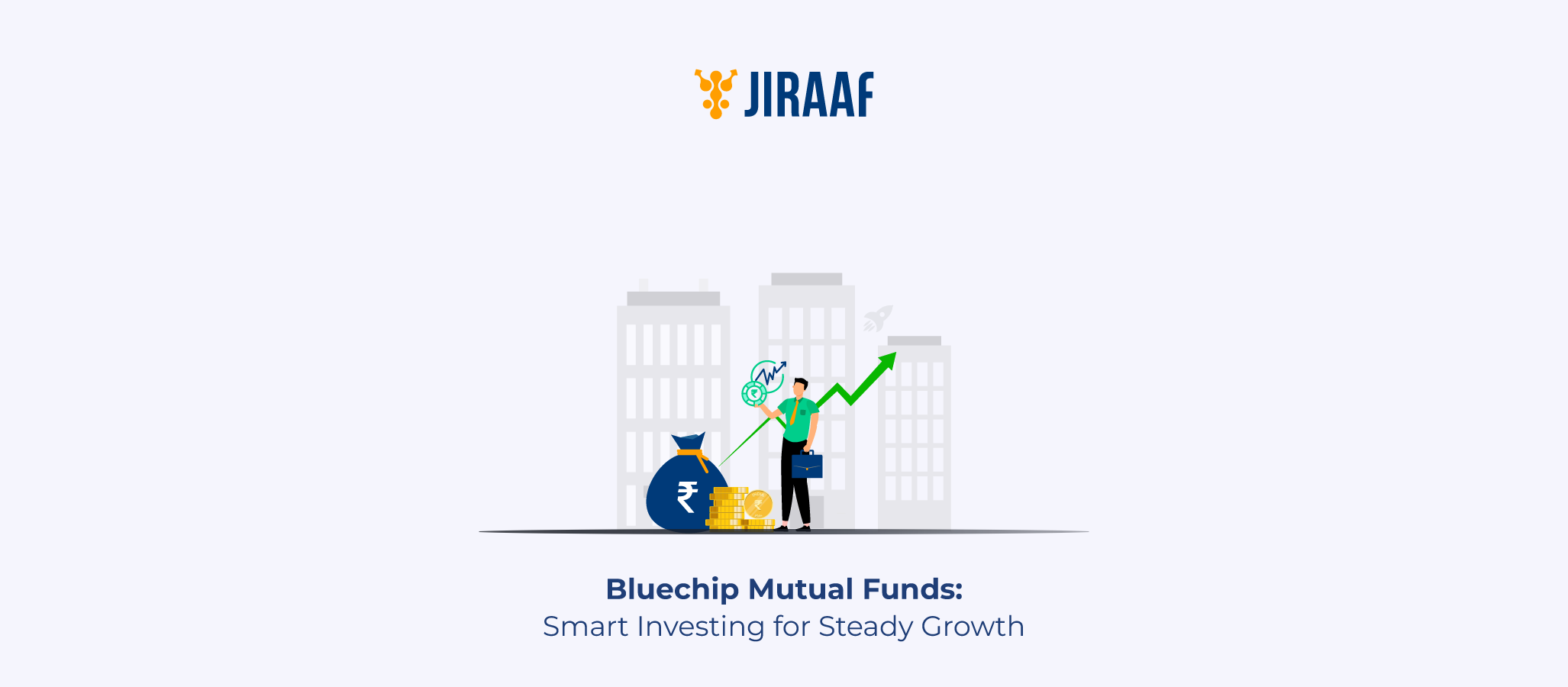
- Mutual funds
- 5 min read
What is a Bluechip Mutual Fund? Meaning, List & Why to Invest
Large-cap funds are referred to as “bluechip” by most mutual fund advisors and certain fund houses, too. Bluechip is a synonym or nickname that appears in a variety of large-cap mutual fund schemes. Bluechip is used in the names of some well-known large-cap mutual fund schemes, such as Axis Bluechip fund, ICICI Prudential Bluechip fund, and […]
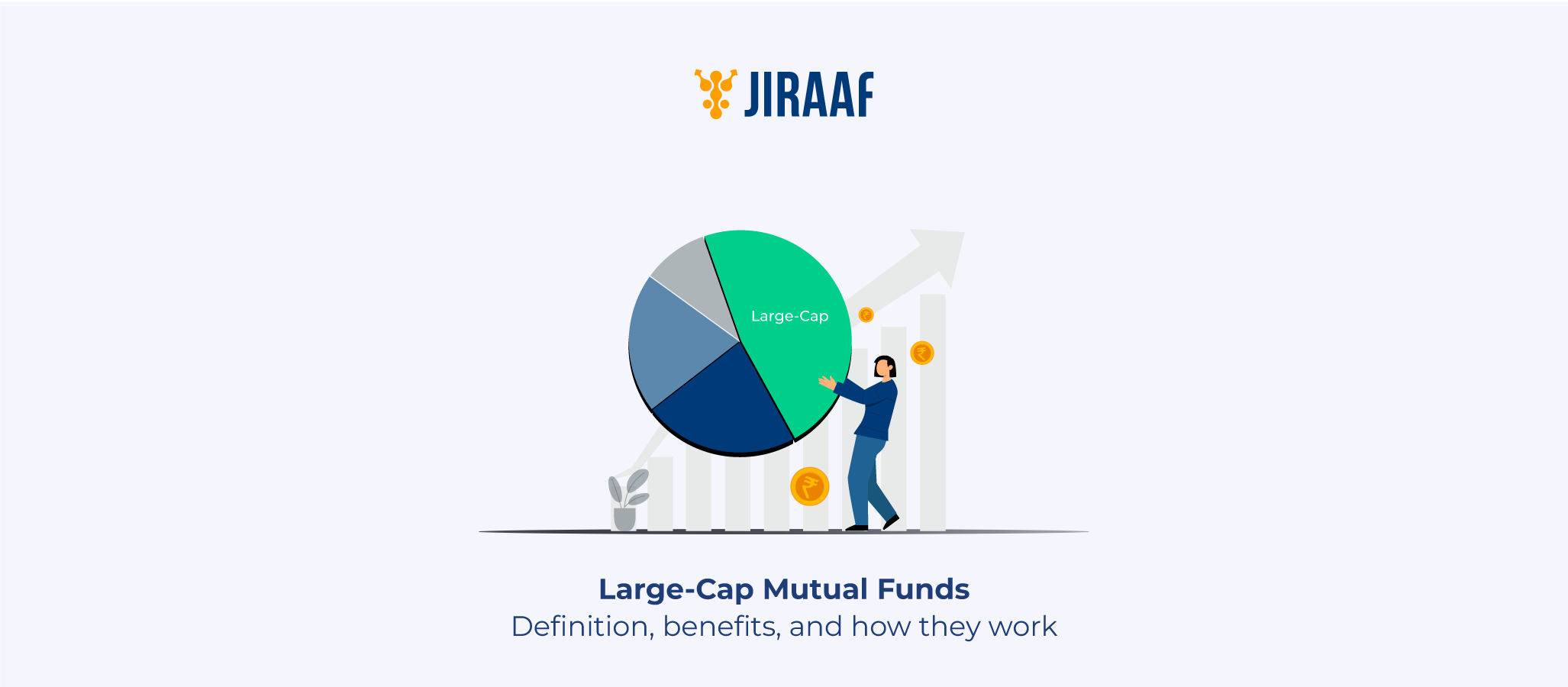
- Mutual funds
- 5 min read
What is a Large Cap Mutual Fund? Meaning, Benefits, and How to Invest
Investing in mutual funds is much like choosing your class on a cruise ship – some decks are adventurous and unpredictable (like mid- and small-cap funds), while others offer a smoother, more stable journey. Large-cap mutual funds are the equivalent of the main deck cruise – reliable, steady, and built for long-term comfort. But how […]

- Taxation
- 4 min read
How to Claim 80TTA Deduction on Savings Account Interest
If you’re someone who keeps a fair bit of money in your savings account, here’s some good news: you might not have to pay tax on all the interest you earn. Section 80TTA of the Income Tax Act allows you to claim a deduction of up to ₹10,000 on interest earned from your savings accounts […]
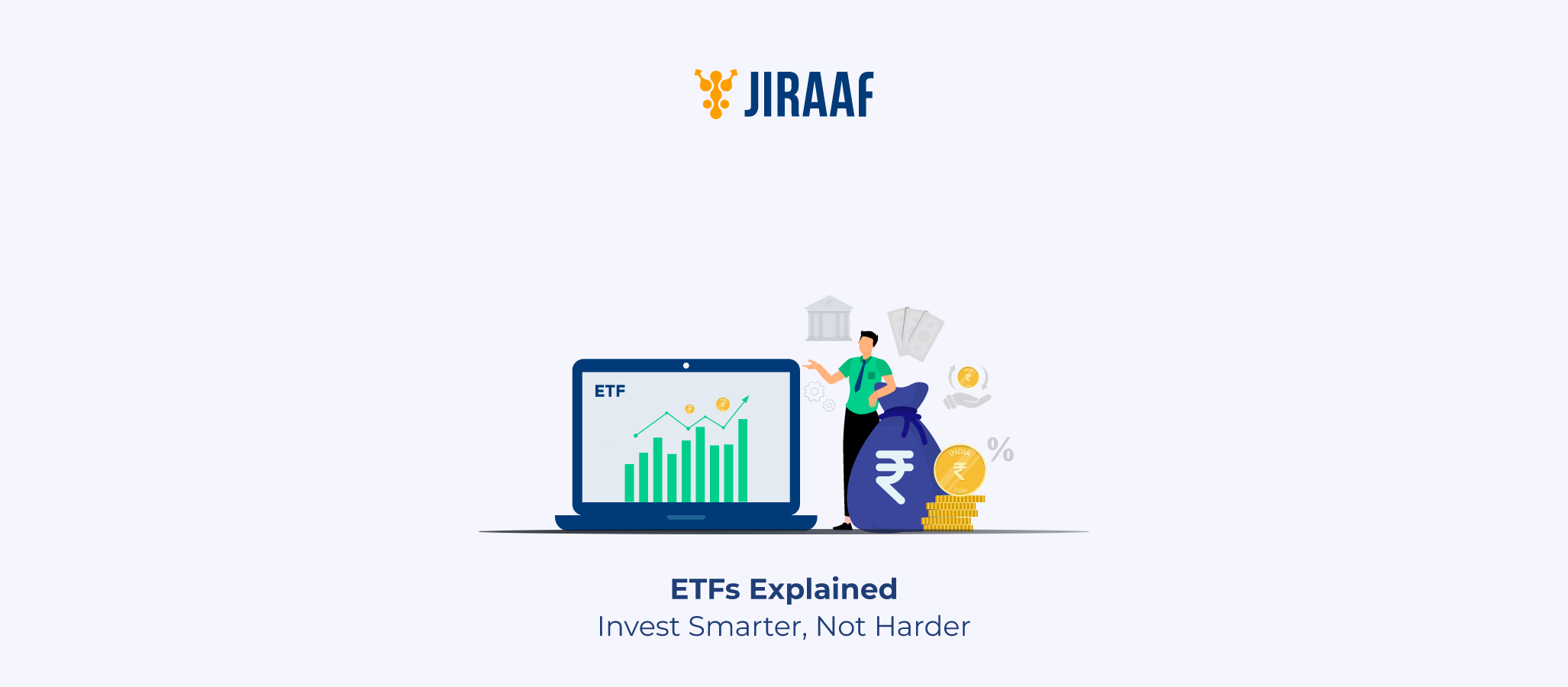
- General
- 4 min read
What Are ETFs? Meaning, Types, and How They Work in India
Exchange-Traded Funds (ETFs) may be the clever, low-maintenance investment you’ve been looking for if you want to diversify your portfolio without choosing specific equities or putting in hours monitoring market shifts. ETFs provide a straightforward method of gaining exposure to several asset classes, including stocks, gold, bonds, and even foreign asset markets, thanks to the adaptability […]
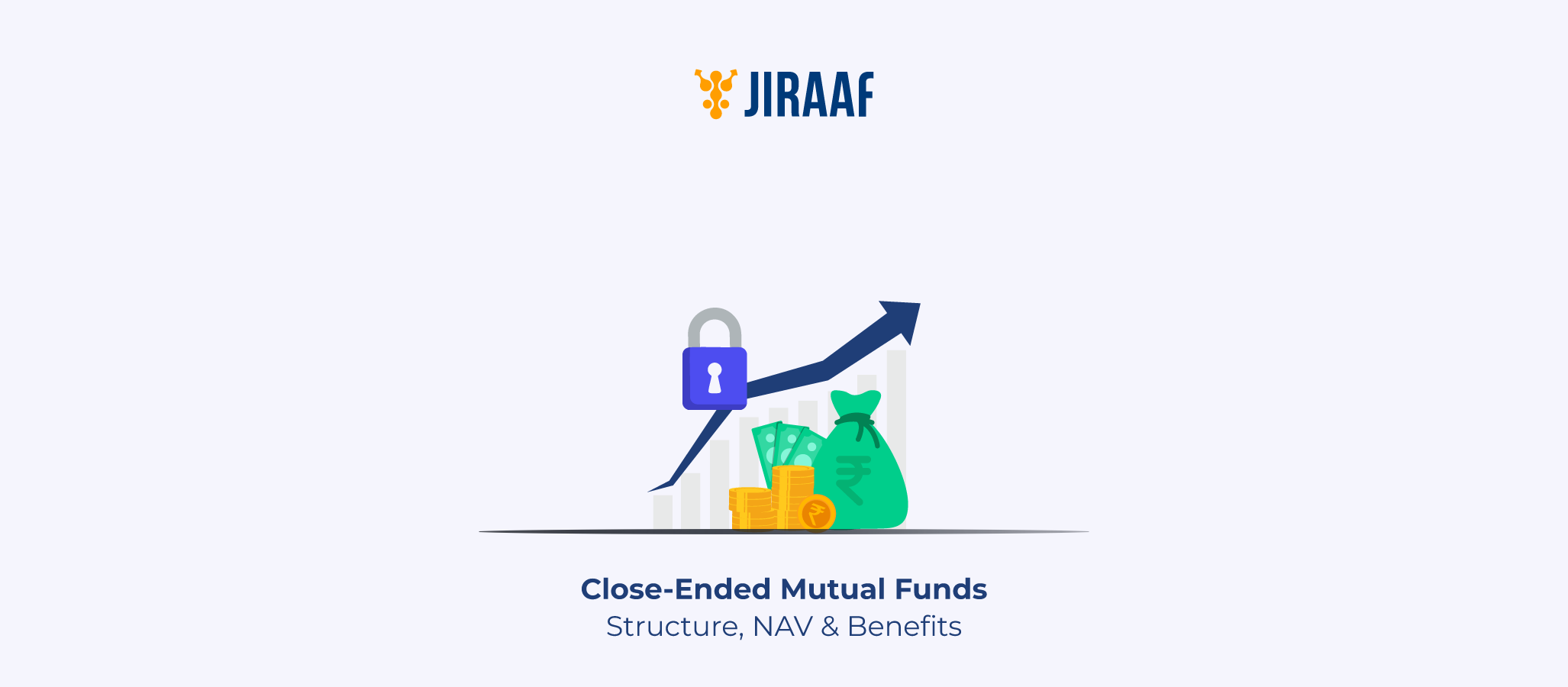
- Mutual funds
- 6 min read
What is a Close Ended Mutual Fund? Understanding Structure, NAV & Benefits
Investing in mutual funds is a bit like selecting a travel itinerary; some allow you to join and exit at any moment (open-ended), while others set your itinerary and timing in advance, also known as a close-end mutual fund. Consider purchasing a non-refundable tour package with set start and end dates; you are unlikely to join […]
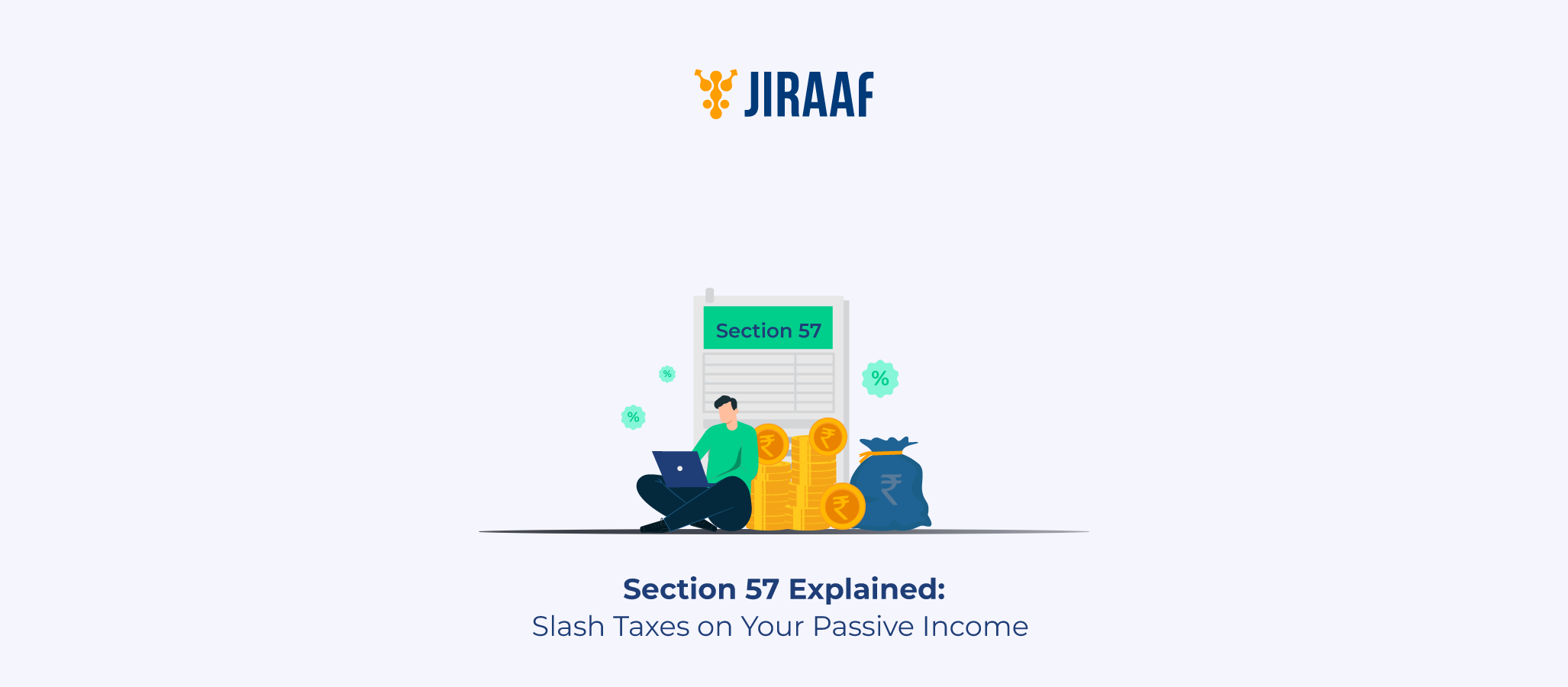
- Taxation
- 4 min read
Section 57 of Income Tax Act: Deductions from Other Sources of Income
Not all your income comes from salary, business, or capital gains. Sometimes, you earn from other sources—like bank interest, dividends, or rent from machinery. Section 57 of the Income Tax Act allows you to reduce your tax burden on such income by claiming specific deductions. Think of it as the tax system acknowledging that not […]